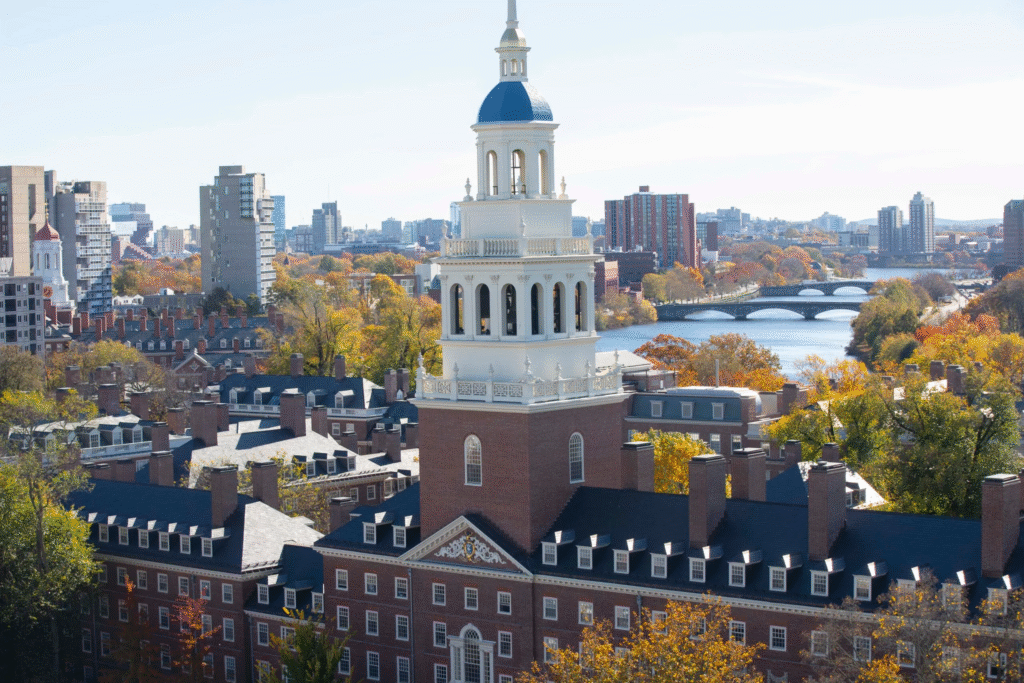In a dramatic turn in the standoff between Harvard University and the Trump administration, the U.S. Department of Homeland Security has granted the Ivy League institution a 30-day reprieve before potentially stripping its certification to enroll international students. This pause comes amid legal proceedings and mounting criticism over what Harvard calls an “unprecedented and retaliatory attack” on its academic freedom and student body diversity.

The dispute stems from a recent notice sent by Homeland Security on May 22, which informed Harvard of its intent to revoke the school’s participation in the federal Student and Exchange Visitor Program. The move, if carried out, would force nearly 6,800 international students—comprising 27% of Harvard’s total enrollment—to either transfer or lose their legal immigration status in the U.S.
Faced with immediate legal pushback, the Justice Department presented the new timeline in a court hearing before U.S. District Judge Allison Burroughs in Boston. The judge, appointed by former President Barack Obama, indicated she would issue a broad preliminary injunction to maintain the status quo while the university pursues a full administrative appeal. This would allow Harvard time to challenge the allegations under DHS regulations, which mandate at least 30 days for a response.
Harvard argues that the revocation violates constitutional protections of free speech and due process, while also failing to comply with the federal procedures it’s bound to follow. The university has rejected accusations by Homeland Security Secretary Kristi Noem that it endangers students, promotes anti-American rhetoric, and has ties to the Chinese Communist Party—claims made without supporting evidence.
Secretary Noem doubled down in a statement, insisting that Harvard “must change its ways to be eligible to receive generous benefits from the American people.” She also criticized the university for not cooperating with federal requests for student visa data, including information related to potentially illegal or violent activities.
This controversy comes on the heels of a separate lawsuit Harvard has filed against the administration, contesting the cancellation of nearly $3 billion in federal research funding. University lawyers have described the certification revocation as part of a broader attempt to impose political control over academic institutions—targeting governance, curriculum, and even faculty ideology.
President Trump further inflamed the debate by suggesting on Wednesday that Harvard should be limited to admitting no more than 15% international students. Critics argue such proposals undermine U.S. higher education’s global leadership and erode the diverse, intellectual environments that institutions like Harvard are known for.
While Harvard has not publicly commented since the latest court developments, its legal team remains steadfast in defending both the university’s rights and the interests of thousands of international students whose futures hang in the balance. The coming weeks will prove crucial as the legal process unfolds and both sides brace for a high-stakes battle over education, immigration, and constitutional freedoms.
